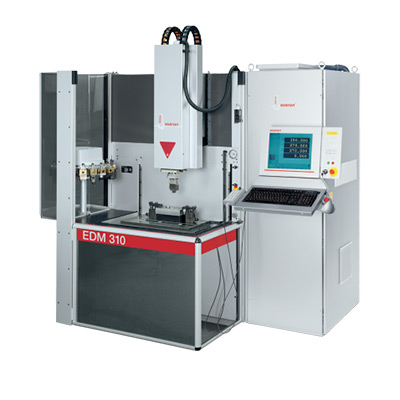High-Quality Replacement Brake Lines for Factory Specifications and Performance
Understanding Factory Brake Lines Importance, Functions, and Maintenance
Brake lines are an essential component of any vehicle’s braking system, and yet they are often overlooked when it comes to maintenance and understanding vehicle safety. Specifically, factory brake lines play a crucial role in ensuring optimal performance and safety. In this article, we will explore the significance of factory brake lines, their functions, the materials used in their construction, and maintenance tips to ensure your braking system operates effectively.
What Are Factory Brake Lines?
Factory brake lines are the original brake lines installed by manufacturers at the assembly line of a vehicle. They are designed and engineered to meet specific performance standards and safety regulations. These lines transport brake fluid from the master cylinder to the brake calipers or wheel cylinders, enabling the vehicle to slow down or stop when the driver presses the brake pedal. The integrity and reliability of these lines are vital, as any failure in the braking system can lead to disastrous consequences.
Functions of Brake Lines
The primary function of brake lines is to transmit brake fluid, which is critical for applying hydraulic pressure to the braking components. When the driver presses the brake pedal, the master cylinder pushes brake fluid through the lines, causing the brake calipers or wheel cylinders to engage the brake pads or shoes. This process creates friction, which ultimately slows down or stops the vehicle.
Another important function of factory brake lines is to maintain the necessary pressure within the hydraulic braking system. Properly functioning brake lines ensure that the pressure is evenly distributed, allowing for a consistent and reliable braking response. Given the demanding conditions under which brake lines operate, including exposure to heat, moisture, and road debris, their durability is paramount.
Materials Used in Factory Brake Lines
Factory brake lines are typically made from materials designed to withstand high pressure and resist corrosion. The most common materials include
1. Steel Many vehicles utilize steel brake lines due to their strength and ability to withstand high pressures. However, steel lines can be susceptible to rust and corrosion if not properly protected.
2. Stainless Steel Stainless steel brake lines offer superior corrosion resistance compared to regular steel lines. They are often used in performance-oriented vehicles or those designed for harsher environments.
factory brake lines

3. Braided Stainless Steel This type of brake line features a braided outer layer, providing added strength and flexibility. Braided stainless steel lines are commonly found in high-performance cars as they offer improved brake feel and response.
4. Rubber In some instances, manufacturers may use rubber hoses for sections of brake lines that require flexibility, particularly in areas that experience movement or vibration. However, rubber can degrade over time and may need to be replaced more frequently than metal lines.
Maintenance of Brake Lines
Proper maintenance of factory brake lines is essential for vehicle safety and performance. Here are some tips for maintaining your brake lines
1. Regular Inspections Periodically inspect your brake lines for signs of wear, corrosion, or leaks. Look for fraying, bulging, or any other noticeable damage. If you identify any issues, consult a professional mechanic immediately.
2. Brake Fluid Checks Monitor your brake fluid levels regularly. Low fluid levels may indicate a leak in the brake lines. Additionally, brake fluid should be changed according to the manufacturer's recommendations to prevent moisture contamination.
3. Watch for Warning Signs Pay attention to any changes in your vehicle's braking performance. If you notice a soft brake pedal, a spongy feel, or any unusual sounds when braking, it may be time to examine your brake lines and system.
4. Professional Servicing If you’re unsure about the condition of your brake lines or notice any issues, it’s best to seek professional help. A qualified mechanic can conduct a thorough inspection and recommend necessary repairs or replacements.
Conclusion
In conclusion, factory brake lines are a crucial component of a vehicle’s braking system, ensuring safe and effective braking performance. Understanding their functions, materials, and maintenance needs can help vehicle owners maintain their braking systems effectively. Regular inspections and periodic maintenance can extend the life of brake lines and ensure the safety of both the driver and passengers. Prioritizing the integrity of your brake lines is not just about maintaining performance; it’s about ensuring safety on the road.
-
Ultimate Spiral Protection for Hoses & CablesNewsJun.26,2025
-
The Ultimate Quick-Connect Solutions for Every NeedNewsJun.26,2025
-
SAE J1401 Brake Hose: Reliable Choice for Safe BrakingNewsJun.26,2025
-
Reliable J2064 A/C Hoses for Real-World Cooling NeedsNewsJun.26,2025
-
Heavy-Duty Sewer Jetting Hoses Built to LastNewsJun.26,2025
-
Fix Power Steering Tube Leaks Fast – Durable & Affordable SolutionNewsJun.26,2025

